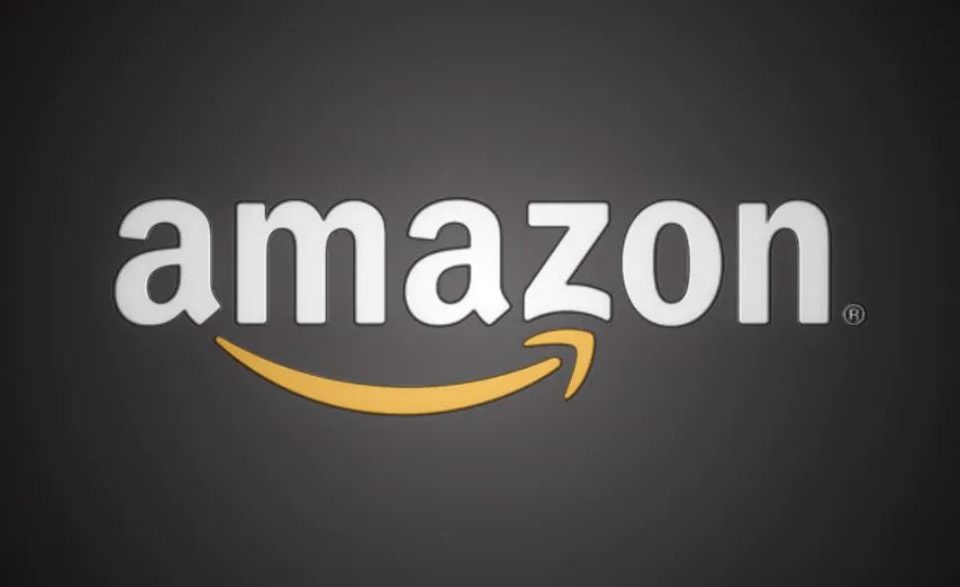- Intellectual Property Services
- +91-998-809-1807
- info@theipcrew.com
Infringement
A patent case against Intel underscores the Waco federal courthouse’s central role in intellectual property cases.Tribune-Herald file photo
A high-profile patent infringement trial kicked off in Waco’s federal court Monday with a California-based company that designed integrated computer circuits seeking up to $1 billion or more from tech giant Intel.
VLSI Technology claims in its lawsuit that officials at Intel Corp., the world’s largest manufacturer of semiconductor chips, pirated technology concepts from two of its patents to benefit its company without properly compensating VLSI.
While attorneys on both sides gave lengthy opening statements Monday afternoon, neither Morgan Chu, of Los Angeles, who represents VLSI, nor Bill Lee, of Boston, who represents Intel, specified the amount of damages VLSI is seeking in the trial.
Courthouse sources, however, said VLSI is seeking from $750 million to $2.2 billion.
U.S. District Judge Alan Albright, who has turned his Waco court into the nation’s hotbed for intellectual property lawsuits, took about an hour Monday afternoon to detail for jurors how the trial will operate. He also defined a number of terms, explained the patent process and laid out the basic claims the jury will hear in the complex trial, which is expected to last into next week.
Chu told jurors in his opening that the trial will center around two patents held by VLSI — one that will be referred to as “373,” chips that found a way to save computer power, and “759,” which increased speed.
VSLI, which stands for Very Large Scale Integration, later merged with a company called NXP, which developed the two patents, Chu said.
“Intel incorporated NXP’s inventions into its own chips and has not paid reasonable royalties for the use of those inventions,” Chu said. “That basically is what this case is all about. We are here because the law provides a remedy for patent infringement.”
Lee, Intel’s lead attorney, flatly denied the allegations, saying there was no infringement on either patent and that one of the patents is invalid because the U.S. Patent and Trademark Office office failed to detect that the technology in dispute already existed at Intel when it issued the patent.
He said Intel, inventors of the microprocessor, doesn’t use technology from either of the patents.
“It never has, and more importantly, nobody ever has,” Lee said. “Intel had a better, more robust design. They are better.”
Court participants are observing strict COVID-19 protocols. The seven jurors wore face shields or masks and were spread out in the jury box. Hand sanitizer and wipes were on the jury railing and on the ends of each row in the gallery.
Albright, who wore a mask resembling an American flag, limited the number of attorneys at the counsel table to three per side and also limited the number of courtroom spectators. The court’s docket lists 20 lawyers for each side, but most of them were not in the courtroom.
Article Source: https://wacotrib.com/news/local/waco-court-hosts-billion-dollar-patent-case-against-intel/article_562d4ca4-7547-11eb-99d6-6fb6212a825d.html




